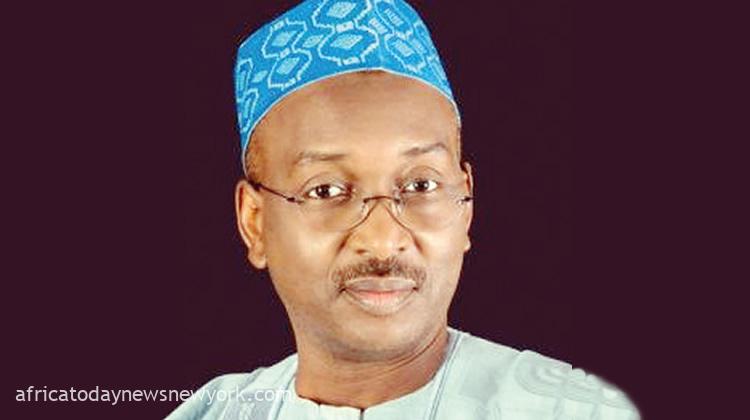Vice-chairman of the All Progressives Congress (APC) in the North-West, Salihu Lukman, has explained why he believes the Labour Party is more popular than other political parties in Nigeria.
According to the APC chieftain, the party’s (Labour Party’s) popularity stems from the frustration of Nigerians with other political parties, including the ruling party, the APC.
This was contained in a statement, on Wednesday which was obtained by Africa Today News, New York.
In his opinion, Nigerians are fed up with the docility and lack of innovation characteristic of the ruling party, hence their resolve to seek a party with a vibrant and functional structure.
He noted that besides the usual structure already in existence for years, no brilliant structural adjustment or innovation has been initiated in the ruling APC.
He said, ‘In addition to these organs (NAC, NEC, and national caucus), the amended APC constitution created three new structures, namely the women’s wing; youth wing, and persons living with disabilities wing.
Read Also: Don’t Set Nigeria On Fire, APC Chief Warns El-Rufai
‘Outside the initiatives of the presiding officers of these three structures — national women’s leader, national youth leader, and national leader of persons living with disabilities—since April 2022, following the assumption of office of the Sen. Abdullahi Adamu-led NWC, nothing has been done to organise the women’s, youth and persons living with disabilities wings.
‘The popularity of the Labour Party during the 2023 elections is partly a reflection of the frustration of Nigerians with our political parties, including the APC.
‘Nigerians are looking for parties with vibrant structures whose internal debates and contests would aggregate the diverse interests of Nigerians.’
Lukman said as long as the APC is operated as a ‘closed structure’, ‘President Bola Tinubu would lack the needed political legitimacy to win the support of Nigerians especially when it comes to implementing difficult policy choices.
‘No doubt, difficult decisions must be taken to effectively resolve our challenges as a nation. However, in taking those difficult decisions, it will be much easier to implement when the government is able to win the support of Nigerians through engagements with organised groups,’ he said.

